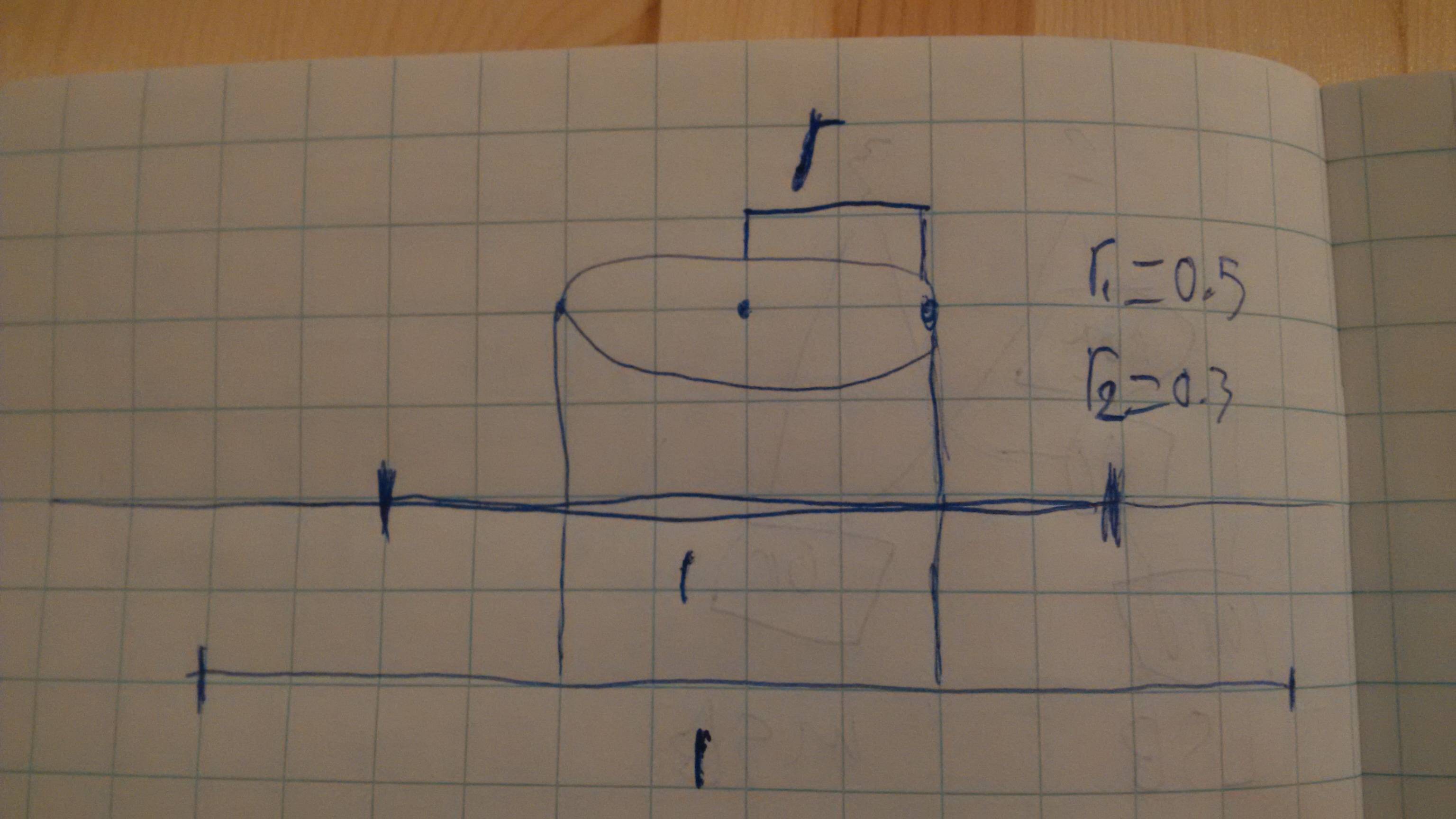Space is expanding, but as I understand it, galaxies are not since gravity keeps them together.
If you think of space becoming bigger, your galaxies just become further apart. But taking the size of space as a constant it appears as though the galaxies are shrinking.
But no matter how you look at it (coins on a balloon if you want), the space at the edges of a galaxy is moving away under it, because the space is expanding but the galaxy is not.
And since the expansion is faster than the speed of light, would that mean that the edges of a sufficiently large galaxy will move inwards at a speed higher than that of light?
Or is space just "thicker" around galaxies, and only expanding between them?

